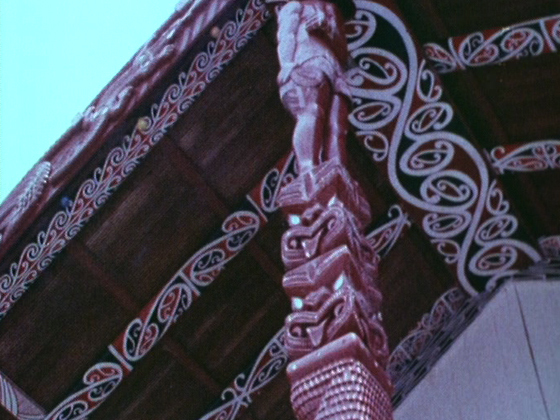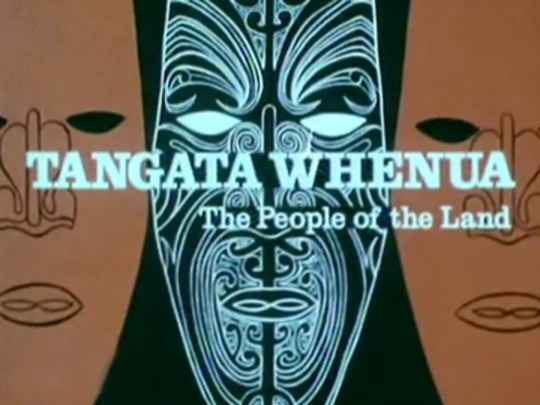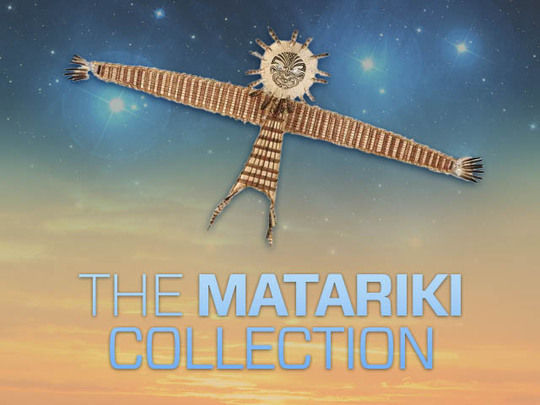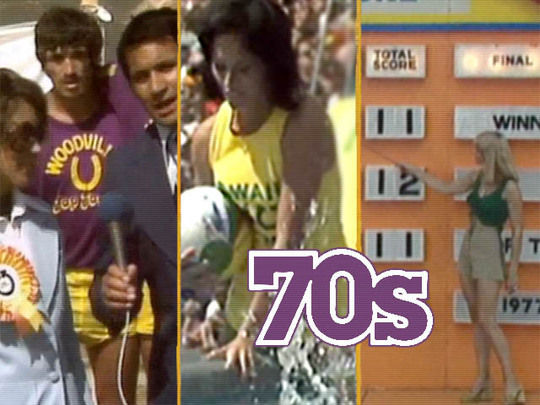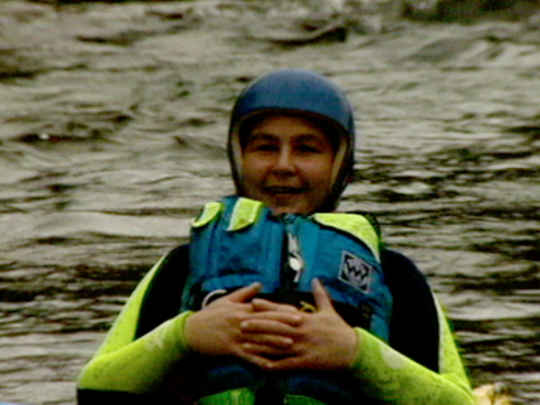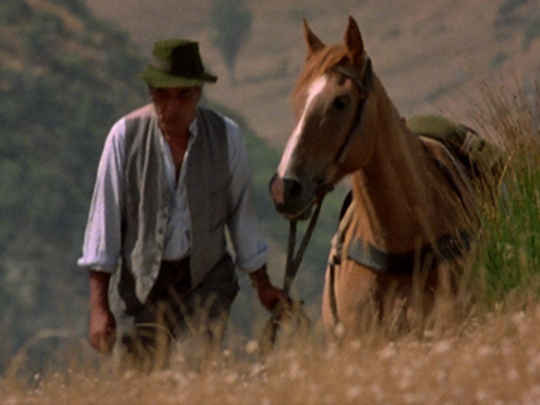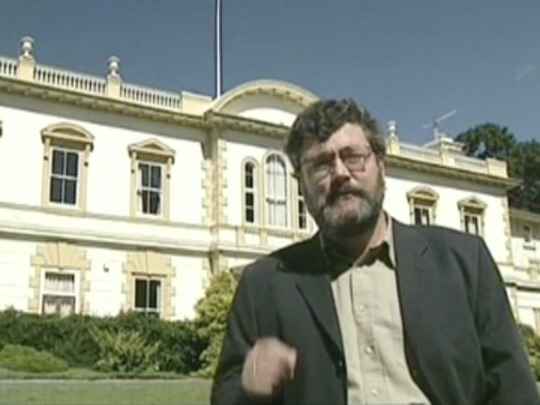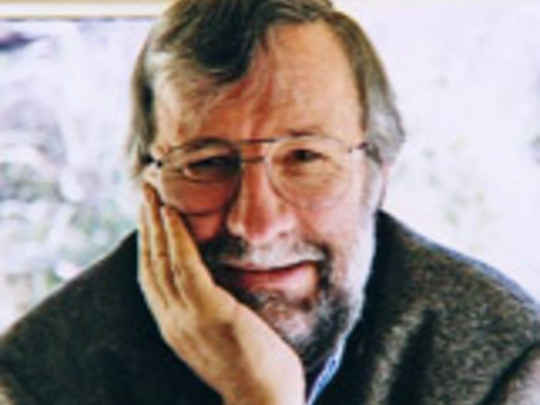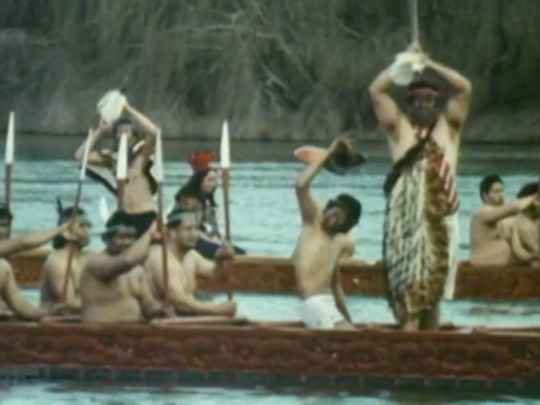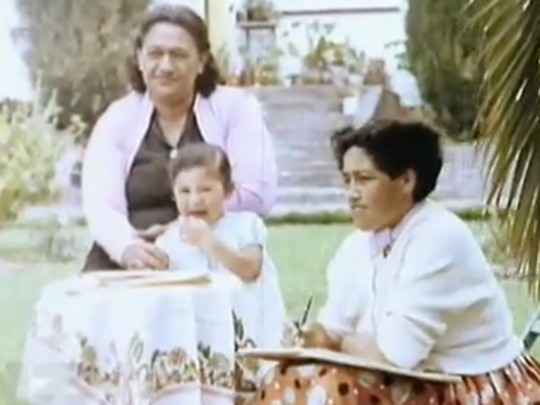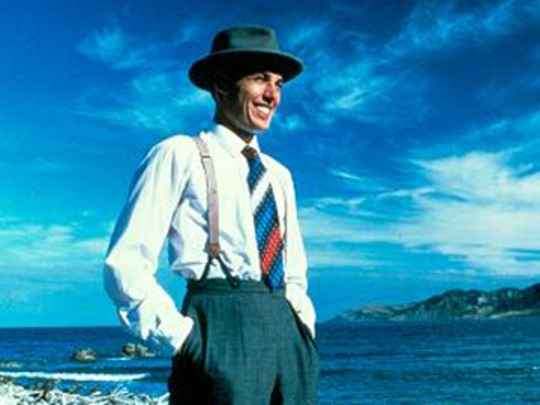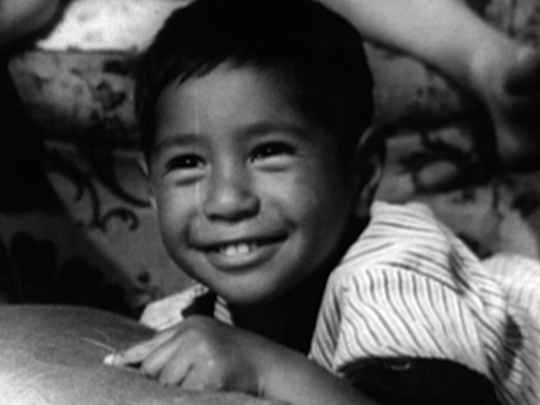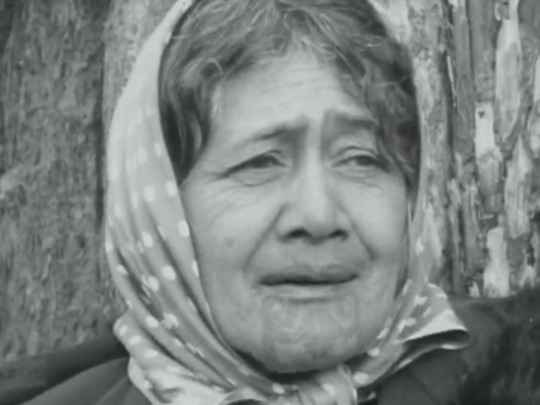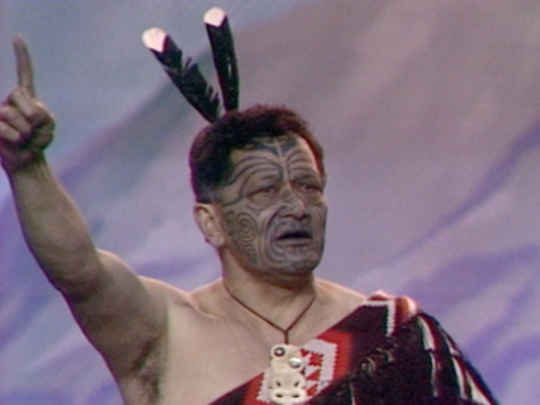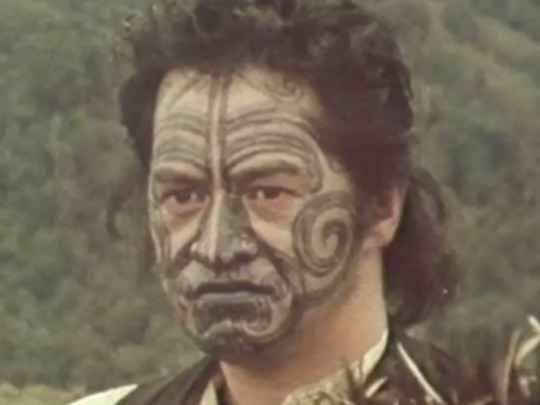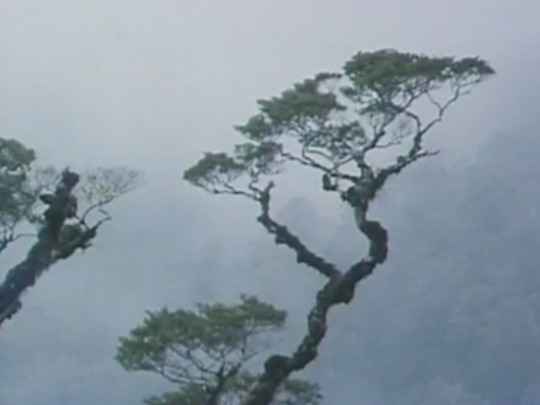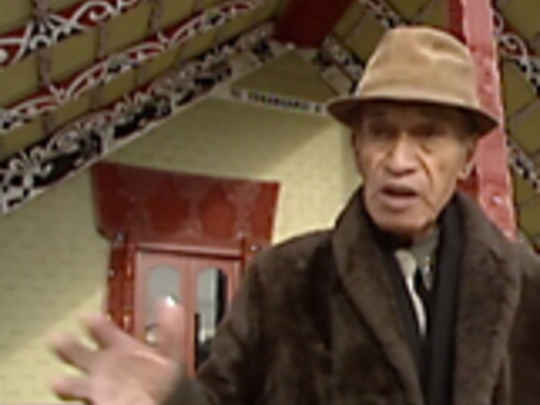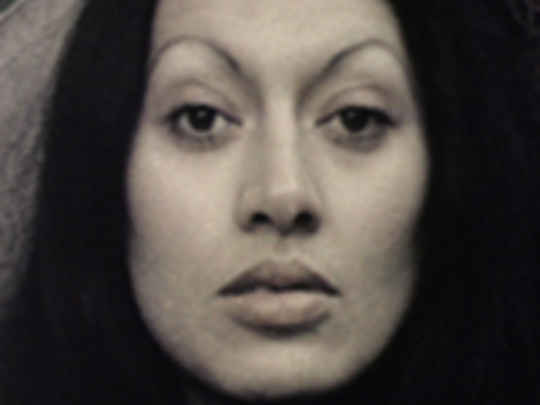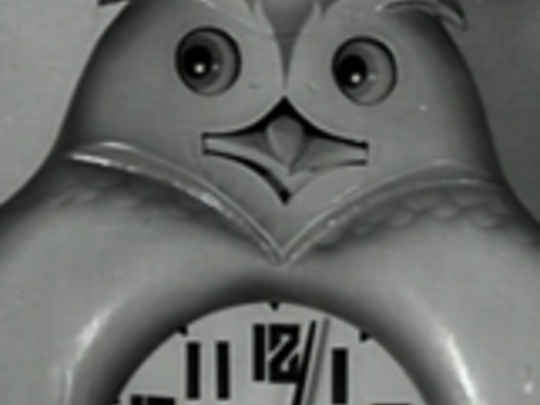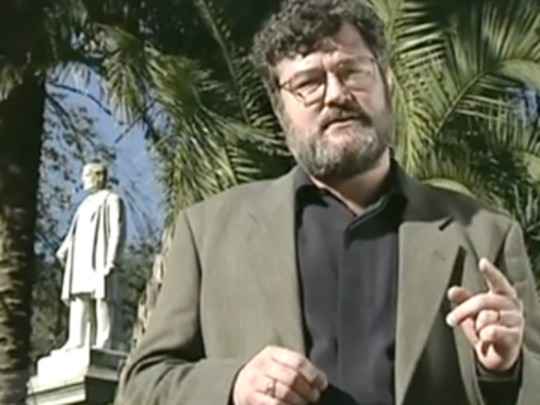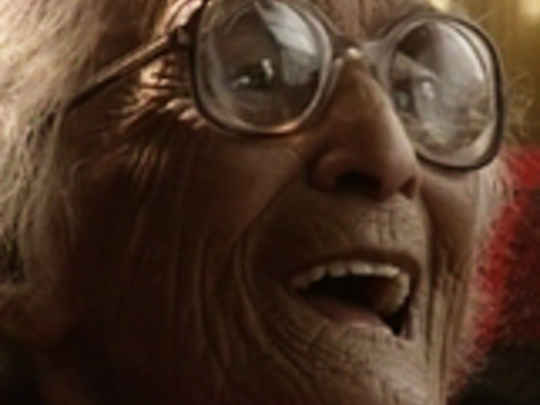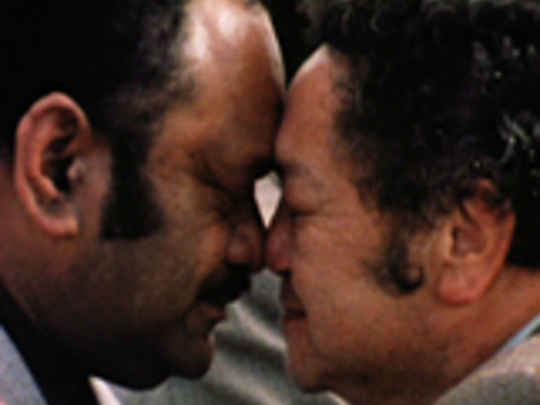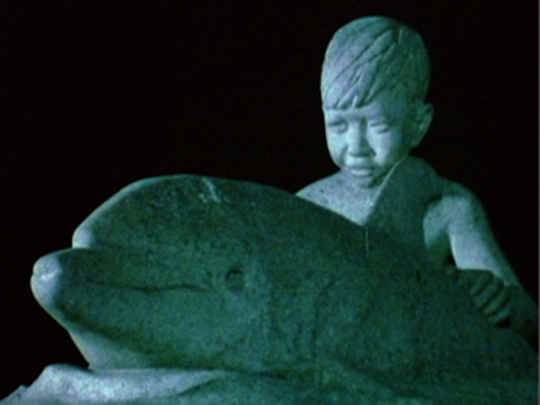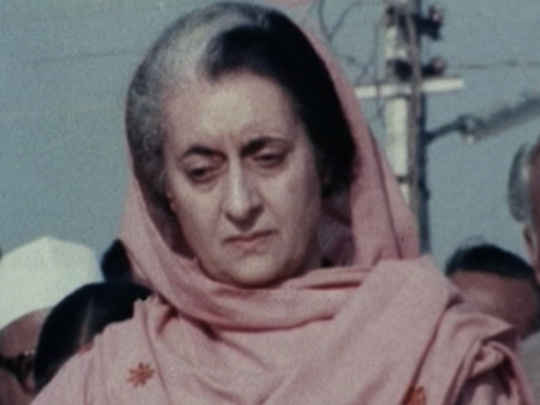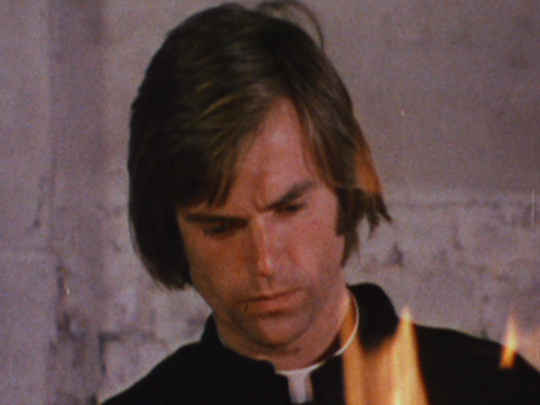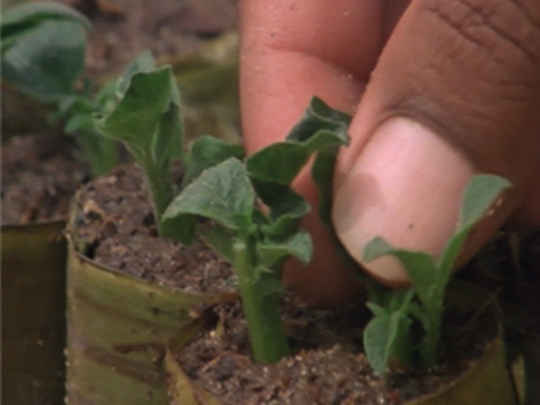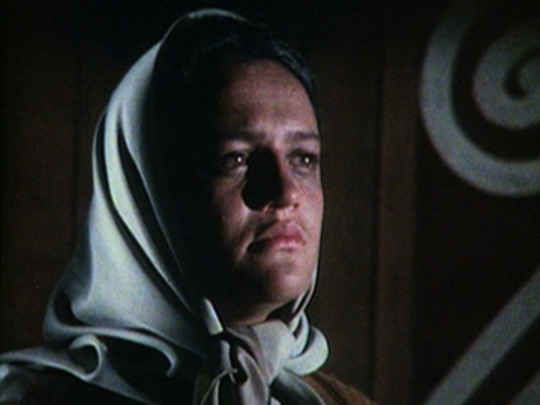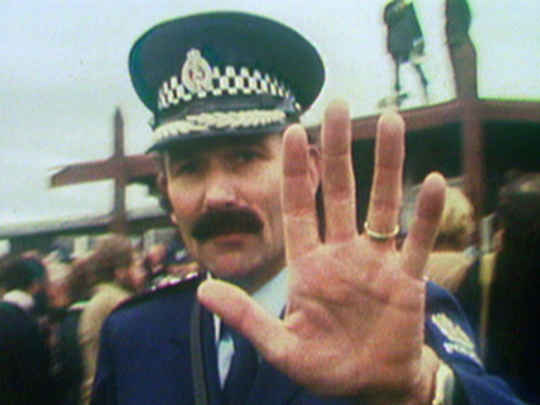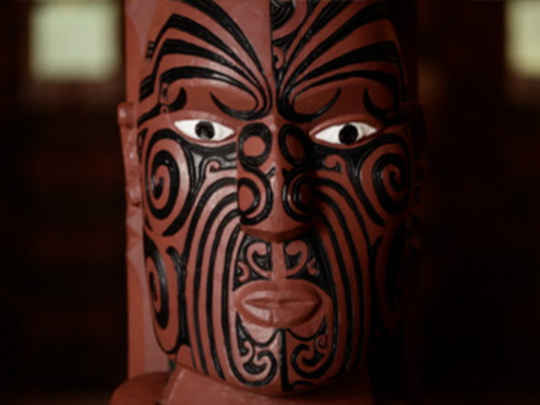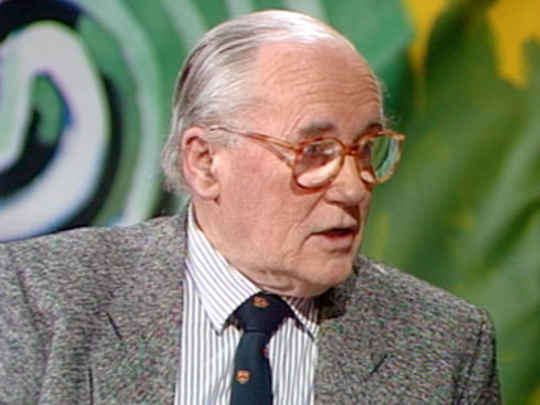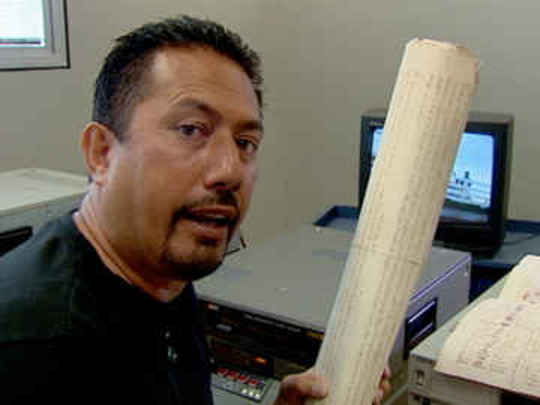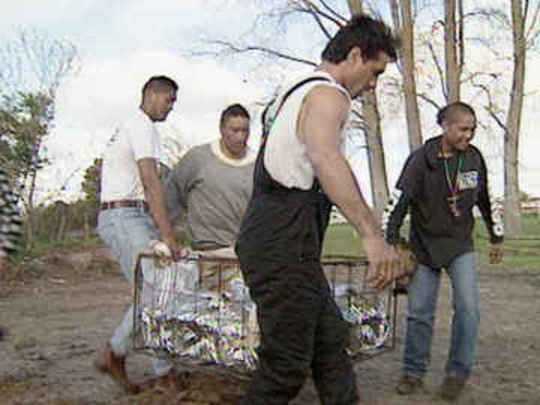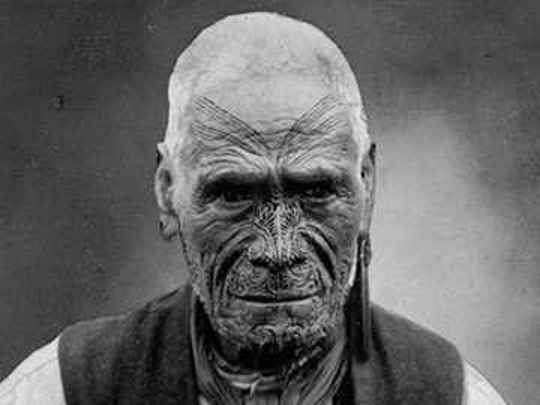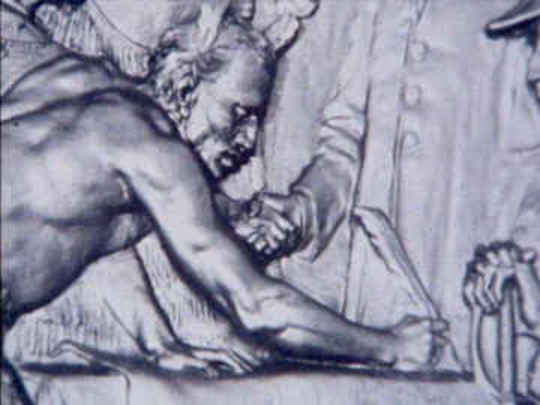Tangata Whenua - Waikato
Television (Full Length) – 1974
Tangata Whenua broke the monocultural mould of New Zealand television. It gave Māori an opportunity to speak for themselves about their lives. It went some way to informing Pākehā New Zealanders about Māori attitudes and values, it whetted a Māori audience's appetite for more documentaries reflecting Māori viewpoints, and it opened the way for later programmes, such as Koha and Te Karere, produced by Māori.
– Tangata Whenua interviewer and co-writer Michael King, in his 1999 book Being Pākehā Now
Like Broken Barrier, the series broke new ground: it put Māori perspectives on the small screen, in most cases without Pākehā interpretation. It was hoped by Māori all over the country that this series would be a forerunner to a greater Māori presence on TV, but it was not going to be that easy.
– Filmmaker Merata Mita on Tangata Whenua, in 1992 book Film in Aotearoa New Zealand,page 46
The Tangata Whenua series was a major milestone for me, both personally and professionally. It took me back to one part of my roots. It also disciplined us to search for ways to make the technology of filmmaking subordinate to what people had an urgency to say.
– Excerpt of an article written by Barry Barclay for Tu Tangata, 1977
There have been changes. When we were making Tangata Whenua we had a hard enough battle getting Māori expressed on screen in any form. Now television runs items in Māori without a voice-over translation or subtitles. Yet since Tangata Whenua no Maori (Merata Mita excepted) has been given an opportunity to make a fifty minute film. The chisels may again be in the hands of the carvers. Māoris are using brush and canvas, but the camera remains hidden.
– Barry Barclay reflects on the standing of te ao Māori in Aotearoa's late 1970s TV landscape, Tu Tangata 1977
